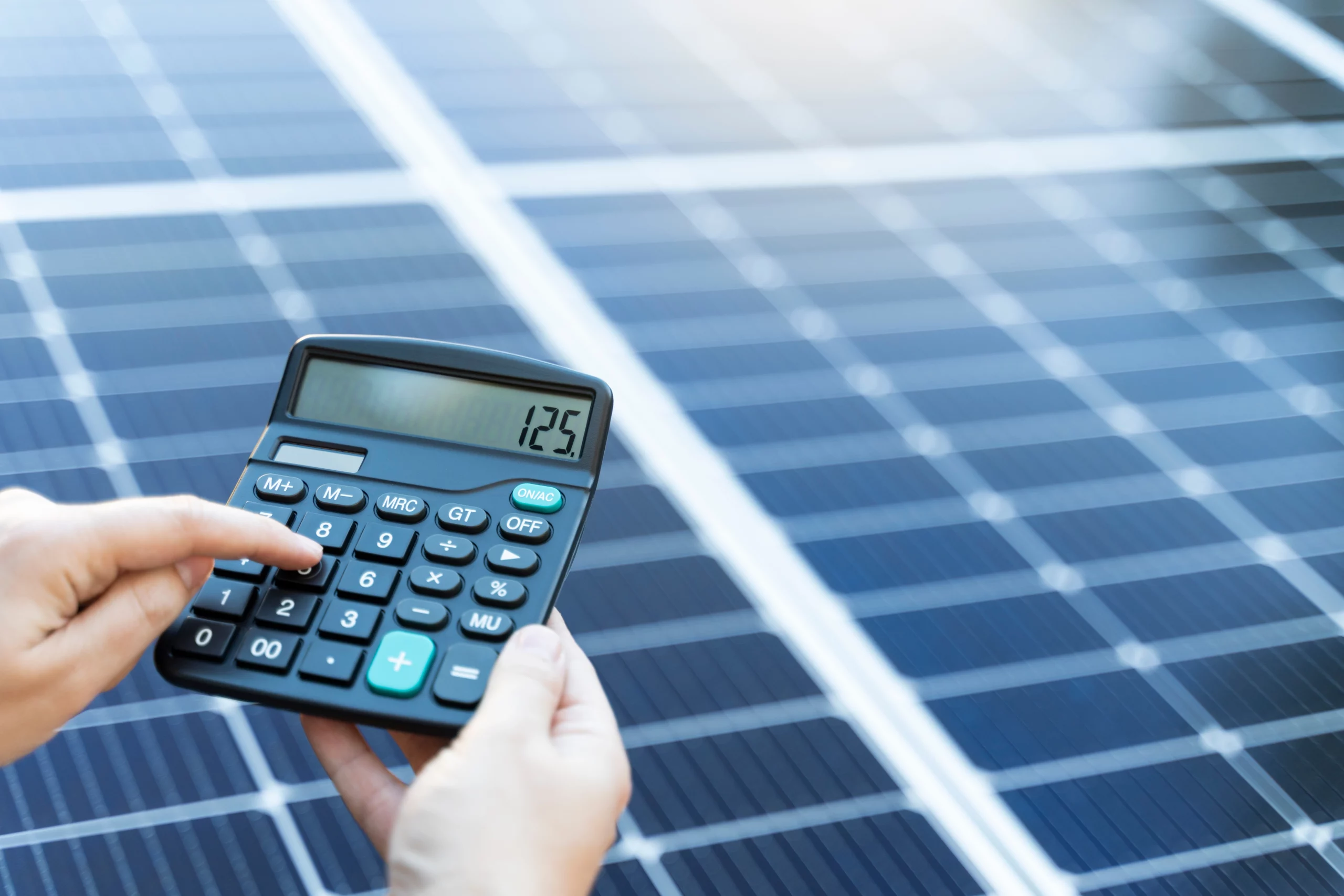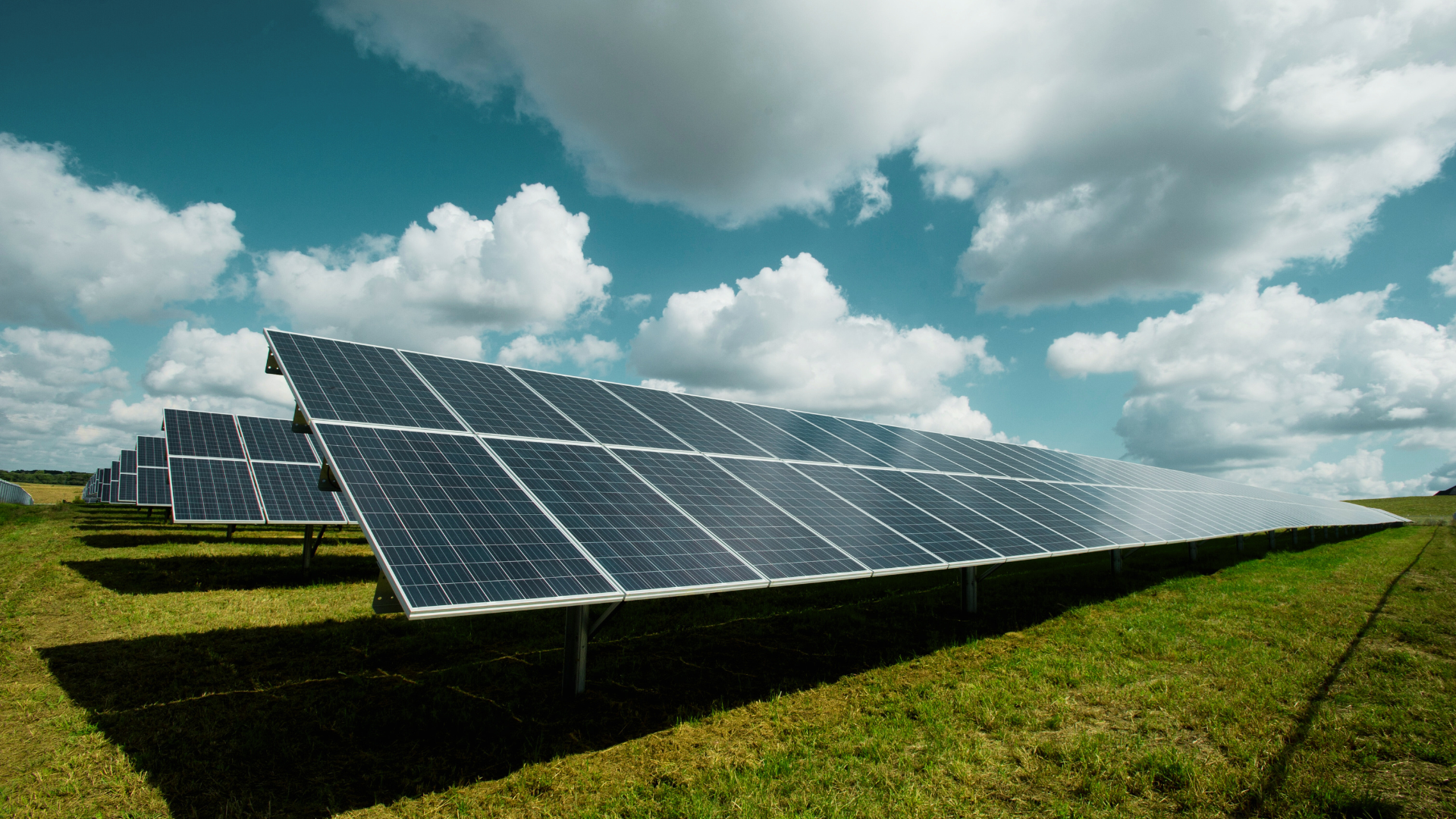Solar panels have emerged as a viable option in sustainable energy technology, holding the promise of a cleaner and more eco-friendly future. As the world grapples with environmental concerns, India stands at the forefront of adopting solar technology. For those considering the shift to solar power, a crucial question is: What is the real price of solar panels in India?
Understanding the Fundamentals of Rooftop Solar Panel Systems in India
Home solar panel systems, designed to harness the abundant sunlight in the Indian subcontinent, operate on a simple yet ingenious principle. Photovoltaic cells, typically composed of high-quality silicon, capture sunlight and convert it into electricity, creating a clean and eco-friendly power source. These systems are tailored to the unique energy needs of Indian households, offering a decentralised solution that not only reduces reliance on conventional power grids but also contributes to a significant reduction in carbon footprint. Understanding the intricacies of its installation, efficiency, and maintenance ensures that homeowners can maximise the benefits of solar technology, fostering a brighter and more sustainable future for themselves and the planet.
Solar Panels: At the core of home solar panel systems in India are the remarkable solar panels. These panels consist of advanced photovoltaic cells, predominantly made of high-quality silicon. Their primary function is to capture sunlight and convert the energy generated by the solar panel into electricity through a process known as the photovoltaic effect. The efficiency and quality of these solar panels are critical factors directly influencing the overall performance of the system. Opting for cutting-edge technology ensures optimal energy conversion, making the most of India’s abundant sunlight.
Mounting Structures: The effectiveness of a solar panel system relies heavily on the positioning and stability provided by mounting structures. These structures serve as the framework for securing solar panels in an optimal orientation to the sun. Ensuring the right tilt and direction maximises sunlight exposure, enhancing energy generation efficiency throughout the day. Well-designed mounting structures not only contribute to the system’s effectiveness but also play a role in its longevity, providing stability and protection against environmental elements.
Batteries (Optional): For those seeking continuous power, batteries present an optional yet valuable addition to home solar panel systems. These storage units allow homeowners to store excess energy generated during peak sunlight hours. When sunlight is limited, or during power outages, these batteries kick in, providing a consistent power supply. Opting for high-quality batteries becomes imperative for a seamless and reliable solar power experience, offering independence from conventional power grids and ensuring uninterrupted energy availability.
Advantages of Installing Solar Panels: A Transformative Investment
Let us explore the many benefits of this transformative investment that extends beyond mere energy production.
Substantial Reduction in Energy Bills
Embracing solar power translates to significant savings on energy bills. A modest 1kW to 5kW solar panel system is generally sufficient to power homes with multiple rooms. What sets solar panels apart is their ability to generate energy even on cloudy days, minimising dependence on local electricity grids or government-supplied units. This not only reduces monthly expenses but also establishes a sustainable and cost-effective energy solution.
Enhanced Property Value due to Solar Panel Installation
Installing solar panels is not just a commitment to clean energy. It is an investment that increases the value of your property by up to 4% and, in some cases, even more. Particularly in areas prone to frequent power cuts, solar panel installations are a compelling selling point. Prospective buyers are often willing to pay a premium for a property equipped with sustainable and reliable energy sources.
Environmental Stewardship
Opting for solar energy is a powerful commitment to environmental preservation. Unlike fossil fuel-generated electricity, solar power systems leave no detrimental impact on the environment. By harnessing renewable energy resources, solar panels contribute to reducing pollution, conserving natural resources, and promoting a cleaner, greener planet.
Long-term Cost Savings due to Solar Energy
The financial advantages of installing quality solar panels extend beyond immediate savings. Considered a one-time investment, solar panels offer long-term cost savings on monthly electricity bills as they produce efficient and green solar electricity. The one-time installation costs can be covered with the help of reliable rooftop solar loans from banks or NBFCs. This financial relief, coupled with the durability of solar installations, positions them as a wise and sustainable investment for years to come.
Independence from Centralised Grids
Once solar panels grace your home, the days of reliance on centralised grids become a thing of the past. Enjoy the freedom of independent electricity generation and even have the potential to sell excess energy back to the grid, earning you additional income. This newfound energy independence provides both financial benefits and a sense of autonomy over your power supply.
Government Incentives: Tax Credits and Rebates
Governments incentivise solar panel installations, offering tax credits and rebates to citizens. In India, for instance, solar energy systems up to 3kW may qualify for a substantial refund or a 40% subsidy. State-specific rules may even extend these benefits to systems exceeding 3kW, providing additional financial relief and encouraging widespread adoption of solar technology. Subsidies also depend on the type of solar power system you choose to go with.
A breakdown of the Average Cost of a Rooftop Solar Panel in India
Depending on the available rooftop space, you can select from a choice of solar panels. Now you have a better idea of how much you need to budget for your solar panel purchase.
| Solar Panel Specification | Price Range (in INR) |
| Solar Panel | Rs. 1,000 to 25,000 |
| 4kW Solar Panel | Rs. 1,60,000 to 2,00,000 |
| 3kW Solar Panel | Rs. 1,20,000 to 1,50,000 |
| Solar Panel in Jammu | Rs. 40,000 to 50,000 per kW |
| Solar Panel in Agra | Rs. 40,000 to 50,000 per kW |
| Solar Panel in Mumbai | Rs. 40,000 to 50,000 per kW |
| Solar Panel in Ahmedabad | Rs. 40,000 to 50,000 per kW |
This tabular representation provides a clear breakdown of solar panel prices based on different specifications and their availability in various top cities. Above rates may vary depending on type of panel, manufacture, efficiency, size of panel, installation cost etc.
Availing a Loan for the Rooftop Solar Panels
Availing a loan for rooftop solar panels in India is a straightforward and simple process. Once you decide to go the solar power way, you just have to apply for a rooftop solar loan at a reliable bank or NBFC. These loans are tailored for individuals or organisations looking to set up rooftop solar panels. The power capacity, type of panels, and the required costs are all considered in these loans. To initiate the loan process, applicants need to submit necessary documents such as proof of identity, address, income, and property ownership. Once the loan and the rooftop solar power panels are approved, the installation process can start.
With easy instalments, reasonable interest rates, and flexible tenures, Rooftop solar loans are a great help in the adoption of solar energy. These loans make rooftop solar panels an economically viable and environmentally sustainable choice for individuals and businesses.
Conclusion
The journey into the world of solar products in India is multifaceted and aids sustainability, financial prudence, and environmental stewardship. Understanding the potential cost savings, including how much a solar panel system would cost and the advantages of harnessing excess solar energy, reinforces the decision to transition to clean and sustainable power sources.
As solar power continues to gain prominence as a viable energy source, the financial and environmental benefits make it not just an investment in technology but an investment in a brighter, greener future for both individuals and the planet. Installing solar panels in your home can turn into a great and efficient decision when it comes to savings. Additionally, seeking guidance from experienced solar panel installers is crucial, as it efficiently protects solar panels and optimises the entire range of solar systems for a more robust and enduring clean energy solution.
FAQs:
1. How much does a solar plant cost in India?
The cost of a solar plant in India varies based on factors such as capacity, technology, and installation. On average, expect prices ranging from a few thousand to several lakhs. To determine the precise cost for your requirements, consult with reputable solar solution providers.
2. Are solar batteries necessary for solar power generation?
While not compulsory, solar batteries enhance the efficiency of solar power systems. They store excess energy generated during the day, ensuring a continuous power supply during non-sunny periods. Investing in solar cells with battery capabilities can provide a more reliable and uninterrupted solar power experience.
3. How can I benefit from a solar subsidy when considering a 1kW solar power unit and going solar? When contemplating the installation of a 1kW solar power unit and going solar, you may be eligible for solar subsidies. These financial incentives, provided by various governments, significantly reduce the overall cost of your solar project. By leveraging such subsidies, you not only contribute to a sustainable future but also make the transition to solar energy more economically feasible. It’s advisable to check with local authorities or solar providers to explore the available subsidy options tailored to your region and solar capacity.
4. How can I find information about the price of solar panel installation and using solar on a national scale? Is there a national portal for rooftop solar?
Yes, to explore the price of the entire solar panel installation process and harnessing the benefits of solar power, you can refer to the National Portal for Rooftop Solar. This platform serves as a comprehensive resource, offering insights into the price of solar panel installations and promoting the adoption of solar rooftop systems on a broader scale. It’s a valuable hub for information, ensuring you have the necessary details to make informed decisions about embracing solar energy for your home or business.
5. What is the cost of solar panel installation, and what are the essential solar panel installation tools?
Various factors, including the complexity of the project and regional considerations, influence the price of a rooftop solar panel and its installation in India. On average, the cost to install a rooftop solar panel ranges from a few thousand to several lakhs. Essential solar panel installation tools typically include mounting equipment, electrical wiring, and safety gear. It’s advisable to consult with professional installers who can provide accurate cost estimates and ensure the use of proper tools for a seamless and efficient solar installation process.


